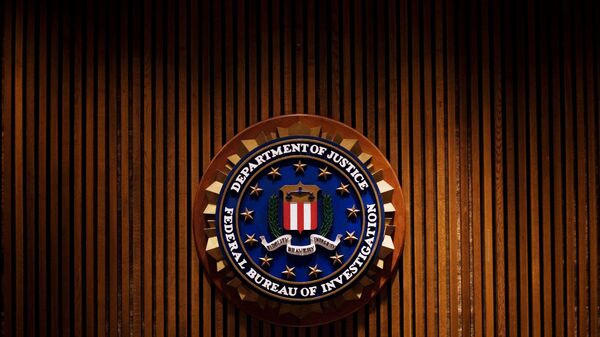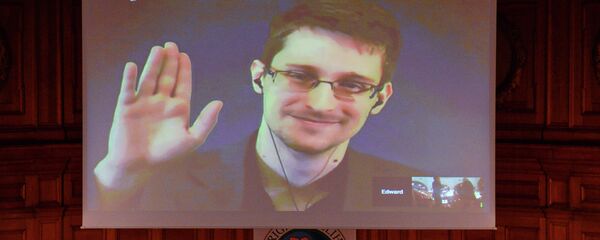The FBI spent months in a heated public debate with Apple over the company’s refusal to unlock the iPhone used by one of the San Bernardino shooters. That closely-watched court battle ended when the Bureau claimed that it had paid a third party computer whiz an estimated $1.34 million to hack iPhone.
The incident is part of an increasing trend by the FBI to use hacking tools, or network investigative techniques (NITs), as part of criminal investigations.
"NITs allow investigators to ascertain information from a computer on which the NIT runs, such as the Internet Protocol address of the computer, despite attempts by the computer user to obscure that information," reads a US Department of Justice filing from this month, obtained by Motherboard.
"This resource has served as a valuable tool in an array of criminal investigations."
But the same filing also shows that the DOJ isn’t keeping track of how often NITs are used.
"The Department of Justice ("DOJ") does not maintain a central and complete listing of instances in which, in the course of an investigation, DOJ, any of its components, or any other federal law enforcement agency…sought and/or received judicial authorization to use a NIT," it reads.
"As a result, there is no workable way for the government to accurately compile and report the information that the Court requested."
The filing points out that the information discovered through NIT investigations is often kept secret.
"Moreover, judicial authorizations for the deployment of NITs are typically sealed to ensure operational security and to avoid jeopardizing ongoing investigations. The government is not authorized to reveal information about matters that remain under seal."
This news is unlikely to satisfy privacy rights advocates who were already alarmed by the FBI’s attempt to force Apple into compliance.
"They exploited trust in pursuit of precedent," NSA whistleblower Edward Snowden tweeted last month.
"Every credible expert knew there were alternative means. That the FBI went so far on so little demonstrated a disregard of facts: bad faith."
Even Michael Hayden, former head of the NSA, said the FBI was going too far, and that attempting to force Apple to give up its encryption would, if successful, open the door to broader digital privacy concerns.
"I just think it’s a bad idea," he said in a speech before the American Enterprise Institute last month. "It is a bad idea because [director of National Intelligence] Jim Clapper, for the last two or three years, has said the most serious threat to American safety and security is cyber."





